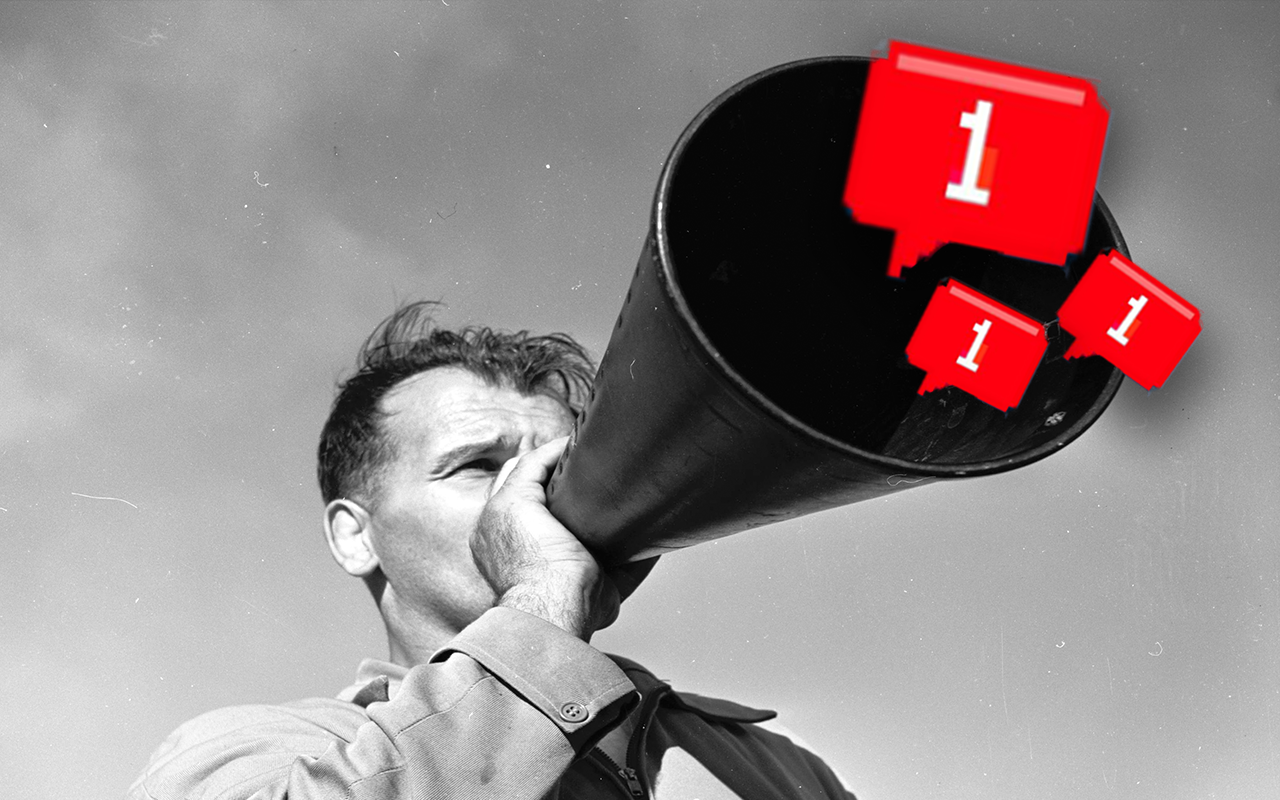
I last updated my Facebook profile two weeks ago. I know this not because I obsessively reread my own Facebook page (I save that for Twitter), but because a few days ago the social network sent me a notification. “You last updated your profile two weeks ago,” it read. Beneath this was a picture of a little blue man with a pencil hovering above his shoulder – indicating either that I should write a post or invest in better pencils.

Facebook didn’t announce they were making this update, but complaints and jokes about it on social media began in May. It is just one of many new notifications that range from somewhat invasive to downright creepy. If you were to unfriend a Facebook contact today, you would get an update that said: “Your name, we’ve noticed that you recently unfriended someone”. Incidentally, did you know that someone you know is going to an event near you tomorrow? Also: remember that guy you kissed at your Year 6 school disco? It’s his birthday today! Let him know you’re thinking of him!
Why?

Although Facebook is rapidly approaching 2 billion monthly users, the network has seen a decline in personal posts. Every minute, half a million comments are posted on the site, along with 293,000 statuses and 136,000 pictures. That’s enough, right? Not enough for Facebook. Since 2016, the site has complained that people are no longer sharing things about themselves. We share political links and puppy videos, sure, but we aren’t pouring our hearts out on Facebook.
best/weirdest facebook notification pic.twitter.com/G4YywCigxL
— Nick (@nicklohr) May 27, 2017
Push notifications have always been a way to get a user back on an app – and this is clearly the motivation behind this new, creepier breed. When Instagram noticed a fall in photos shared on the platform, it tested out a new push notification. “____ has posted a photo for the first time in a while,” the app will alert you when a friend updates their profile. Although there’s no indication of what “a while” is, I’ve had this notification about friends who posted as little as a week ago.
Seriously the most pointless notification ever, from @facebook – I’m quite aware of both those points! pic.twitter.com/m33ZFh7K15
— stupidgirl_no1 (@stupidgirl_no1) May 27, 2017
Facebook now also uses this message. Though we might never know how the masterminds at the company came up with this notification, it is probable that this wasn’t a spontaneous decision. Messages like “What’s on your mind?” are carefully crafted for the maximum psychological impact that will get us to post and share. “You last updated your profile two weeks ago,” is just the right amount of neutral – it isn’t a stern instruction to share, but nor is it a friendly reminder. It is clearly designed to provoke us to post.
Interesting new and terrifyingly elusive Facebook push notification. (Also @oheyimalaine I’m glad you’re alright!!) pic.twitter.com/C2Gyk6MIEr
— Bethany Biron (@bethanybiron) November 28, 2016
Although these notifications might be easily ignored, things are more sinister when one considers Facebook’s Safety Check feature. During a terror attack or disaster, the “mark as safe” option allows users to tell their friends and family that they are fine via the click of a button. When these messages are sent to a user via push notification – encouraging them to click through to the site – it raises ethical questions. Arguably, Facebook is capitalising on tragedy in an incredibly emotionally manipulative way.
And here’s the thing: you can’t really escape. “You can’t turn off notifications entirely, but you can adjust how and what you’re notified about,” says Facebook’s Help Centre, which also describes its push notifications as something that “help[s] you re-engage with your friends”. The site does have a guide for turning push notifications off on mobile, but you have to do this within your phone’s own settings. If you do it via Facebook’s settings, it doesn’t quite work…..
“I turned off push notifications on Facebook Messenger and WhatsApp because I was starting to find it overly stressful,” says my colleague Anna. “Push notifications meant I’d try to ignore a message, but the little red bubbles, like ripe spots, would sit there begging to be burst.” When Anna went into her phone settings, found Facebook Messenger, and turned notifications off, she still got a Facebook notification every day. The message? “Turn on Notifications”.

“As I didn’t do that, every 24 hours the notification would reappear. WhatsApp would also tell me to turn on my notifications (this time with helpful diagrams!!) each day, even if it didn’t push notify me.”
[Note, if you want to turn off Facebook push notifications on your own iPhone, go to ‘Settings’ and then ‘Notifications’ and turn them off. Don’t go to ‘Settings’ and then ‘Facebook’ to turn them off, as this is how you will get notified – like Anna – to turn them back on again.]
@Instagram, why are you sending me an iOS push notification that I have “0 new notifications”? this doesn’t seem so urgent… pic.twitter.com/NPVHyxAqoZ
— scott levine (@snlevine) June 20, 2017
With these tactics, it’s clear that push notifications are getting pushier. In a world where our attention is divided between a multitude of apps, it makes sense for social networks to beg for us to notice them. But where do they – and we – draw the line? Notifications like the one above, telling a user he has, in fact, zero notifications, could clearly be upsetting for many. Sure, these messages might provoke us to post, but they are manipulating us in the process.
Then again, they could easily backfire. I expect another notification from Facebook in two weeks.





